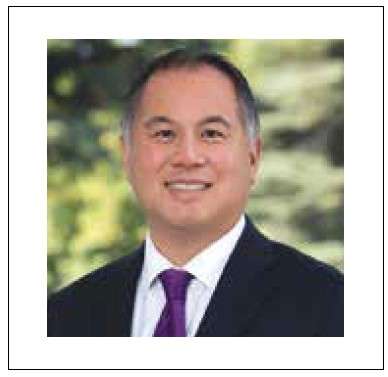
By Assemblymember Phil Ting–
While California requires employers to provide time off for jury duty, they are not required to pay their workers while they serve on a jury. If a juror’s job does not cover their wages or salary, the court system compensates them nothing on their first day of service, then only $15 per day after that. The stipend hardly covers gas and parking, let alone lunch in many places.
It’s a dilemma many potential jurors face. They know serving on a jury is a meaningful opportunity for impactful participation in our democracy. But it doesn’t pay much, forcing many people to forgo their civic duty in favor of going to work where they can earn a full paycheck. This results in juries that lack diversity.
In order to address the disproportionate and inequitable jury composition, I have proposed AB 881, or “Be The Jury California.” It increases daily compensation in criminal cases for low-to-moderate income Californians to $100 a day, making jury duty more accessible to all Californians.
To qualify, a juror’s earnings for the past 12 months must be less than eight percent of their area median income. He or she must also meet at least one of the following:
Additionally, for jurors who don’t meet the above criteria, AB 881 makes $15/day the base pay, as opposed to the cap. This gives courts the flexibility to pay more, if they can and are able to.
This new proposal is modeled after a 2021 bill I authored, AB 1452, which allowed San Francisco to try out a similar program. Since its implementation locally, the results have been substantial.
I thank our San Francisco partners at the Public Defender’s Office, District Attorney’s Office, Treasurer’s Office, Superior Court, and Bar Association for working to diversify juries in our city. It’s now time to make similar strides statewide.
My hope is the higher pay will result in more diverse juries up and down the state, just like it did in San Francisco. Studies have shown diverse juries spend more time in deliberations and are less likely to presume guilt, thereby improving the legitimacy of the criminal justice system.
A fundamental aspect of democracy in the United States is the right to a fair trial and a jury of our peers, which means a jury of equals, drawing from different races, genders, and socioeconomic classes. But due to the steep financial hardship facing potential jurors, jury service, in its current form, is a luxury for people to participate in. It’s an incredible sacrifice to serve for workers who are surviving paycheck-to-paycheck.
AB 881 is a crucial reform to our criminal legal system. It’ll make our juries more illustrative of California’s diversity by establishing a greater incentive for working-class and low-income Californians to serve on juries.
Phil Ting represents the 19th Assembly District, which includes the Westside of San Francisco and portions of South San Francisco along with the communities of Broadmoor, Colma, and Daly City.
Published on March 9, 2023
Recent Comments